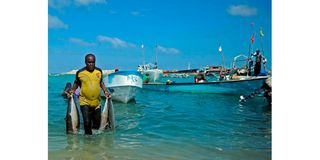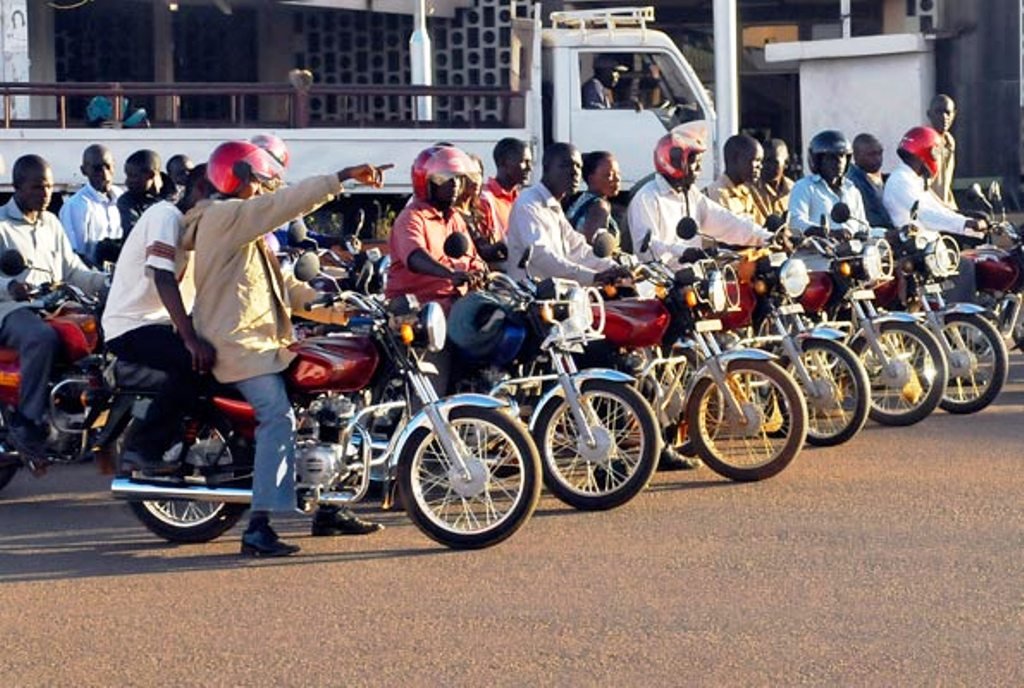What Sh30bn MoU means to marine project

Dar es Salaam. The government through the Ministry of Livestock and Fisheries, has signed a $13 million Memorandum of Understanding (MoU) for the implementation of a five-year project to address threats in the country’s marine ecosystems.
The amount, which is equivalent to Sh30 billion, would be utilised through the USAID Tanzania Heshimu Bahari Activity (Respect the Ocean) activity.
It aims to address numerous threats, such as overfishing, which has profoundly damaged key coastal fisheries, and mitigating the impacts of climate change, which have disrupted ecosystems and livelihoods as well as impacted the country’s tourism potential. Speaking after the MoU signing ceremony yesterday, USAID Tanzania Heshimu Bahari Activity Chief of Party, Mr Sadiki Laizer, said the project will strengthen the governance of marine protected areas.
It will also support wild fisheries, facilitate the application of scientific data, and incentivize the private sector.
“Using a collaborative, science-driven, and inclusive approach, the activity aims at enhancing the ecological resilience and productivity of high marine biodiversity areas,” he said. Mr Laizer said the activity will further support policy and governance reform and capacity building, and support local authorities, Marine Protected Areas (MPA) management teams, and community co-management entities as the institutional custodians of MPA-enabling frameworks.
“This MoU shows true commitment towards blue economy enhancement in Tanzania as an emerging sector that will not only support livelihoods, the environment, and biodiversity but also the national economy,” he said.
According to him, this understanding will further convene joint efforts towards capacity needs identification and development in line with USAID Tanzania Heshimu Bahari’s scope of work and the Government of Tanzania’s priority areas in the field of the blue economy through data needs establishment, collection, collation, analysis, storage, dissemination, and science-informed policy and decision making in the sector.
The Permanent Secretary in the Ministry of Livestock and Fisheries, Prof Riziki Shemdoe, the initiatives will target coastal communities in Unguja and Pemba and from Bagamoyo in the Coast region to Mkinga in the Tanga region.
“These initiatives are also targeted to facilitate the improvement of the livestock sector and its contribution to the gross domestic product (GDP) to at least two digits in the near future,” he said.
That will go hand in hand with the empowerment of communities in coastal areas through supporting socio-economic activities in the marine sector, according to the deputy minister of Livestock and Fisheries Mr David Silinde.
Given the critical role of women and youth in marine resource development, the project will facilitate interventions that empower these groups in the communities through capacity building in leadership and livelihood support.
Blue Economy Agenda
It has been two years since the Blue Economy Policy was launched in Zanzibar, with President Hussein Mwinyi making it one of his key agenda items for the archipelago’s economy.
Zanzibar Investment Promotion Authority (ZIPA)’s official, Shida Makame, told The Citizen in December last year that in the previous two years the authority had registered 39 projects in the sectors of fisheries and tourism.
The investments, she noted have attracted some $442 million, whereas investments in the processing of sea products, including fisheries, have so far brought in investments worth $18.26 million.





